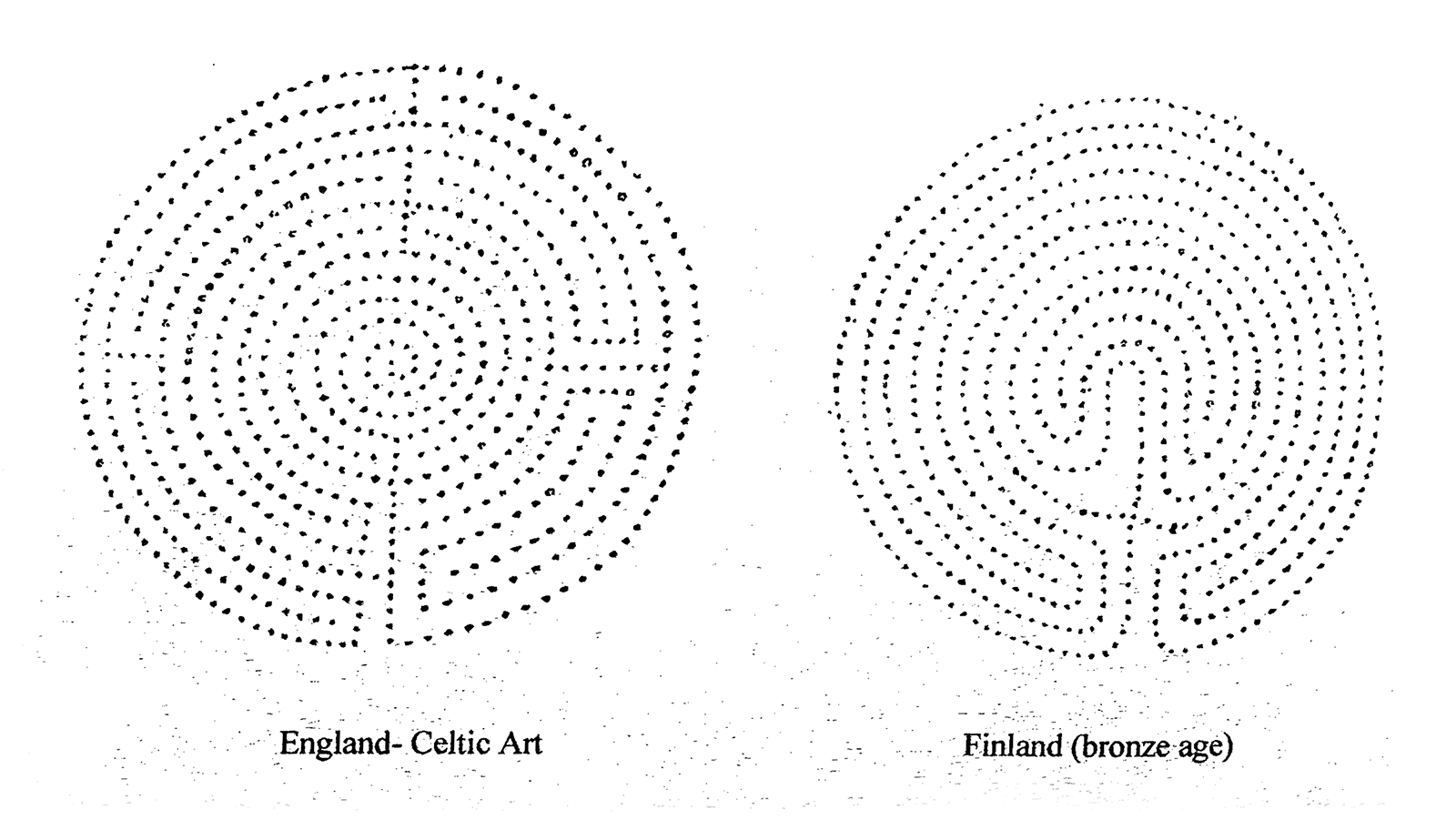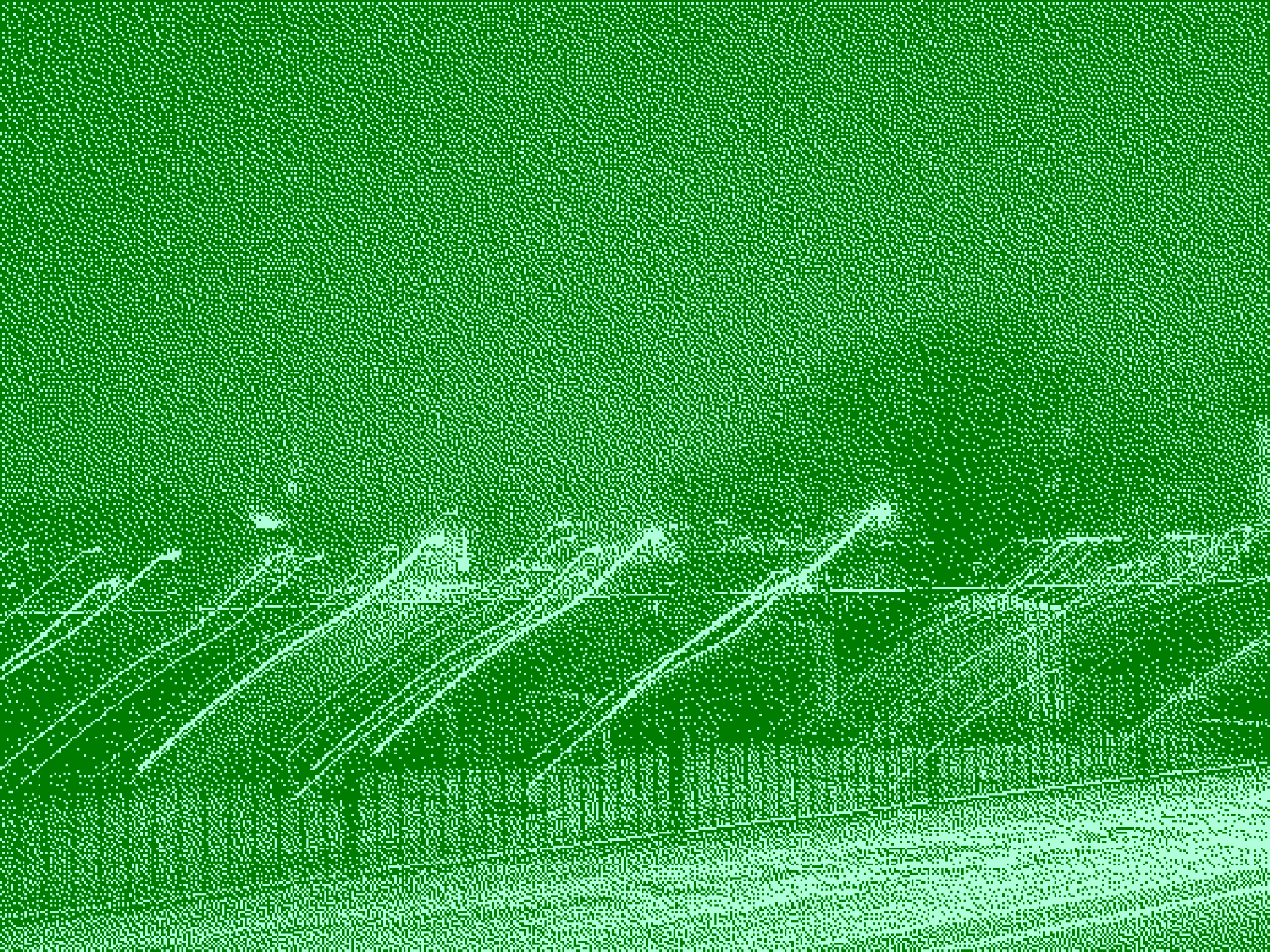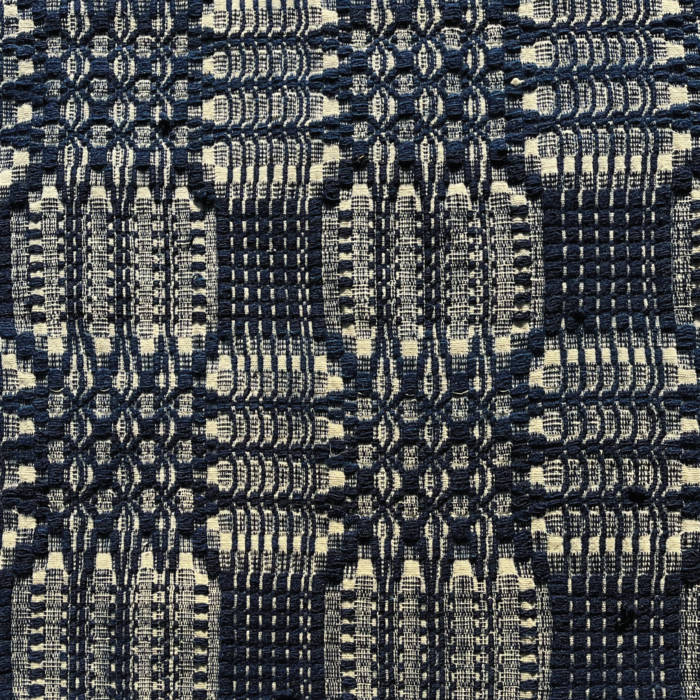We Possess No Other Life
It would be futile to turn away from the past and think only about the future. It is a dangerous illusion to believe that there is even a possibility. The opposition between the past and the future is absurd. The future brings us nothing, gives us nothing; It is we who, in order to build it, must give it everything, give it our life itself. To give we must possess, and we possess no other life, no other sap, than the treasures inherited from the past and digested, assimilated, recreated by us. Of all the needs of the human soul, there is none more vital than the past.
Simone Weil
from L'enracinement
Simone Weil
from L'enracinement

No Longer a Place But a Condition
At the beginning of the twenty-first century, a decentralised urban landscape emerged in which the differences between centre and periphery, city and country and culture and nature are no longer clearly defined. The city no longer seems a place but rather a condition. According to the Italian urban planner Stefano Boeri, “the city has exported its genetic code”. Furthermore, since an urban culture has also settled in rural areas, nature has become, to a large extent, an urban artefact. City, suburb, countryside and nature are all touched by human management. All have become cultural landscapes. The contemporary city no longer stands opposed to nature, but encloses large parts of it.
Steven Jacobs
from The Photoresque: Images Between City and Countryside
Steven Jacobs
from The Photoresque: Images Between City and Countryside

Lovely song off of the recently released album by dulcimer player Sarah Kate Morgan and fiddler Leo Shannon—traditional musicians living and teaching in the mountains of Eastern Kentucky. Beautifully captured by the fine people at June Appal Records—the non-profit record label of the legendary Appalshop.


Adrianna Ault, from The Impeded Stream
“...a meditation on rural land and how it sustains us and maybe, also, family and how we're sustained by those who came before us. I didn't come by this understanding until I made the work. My work is my teacher. I listen what it tells me to do and, in this way, I learn from it.”
More
More
In honor of Jack DeJohnette’s incredible life as a drummer, we’re listening to him play with John Abercrombie and Jan Hammer on this ECM release from 1975